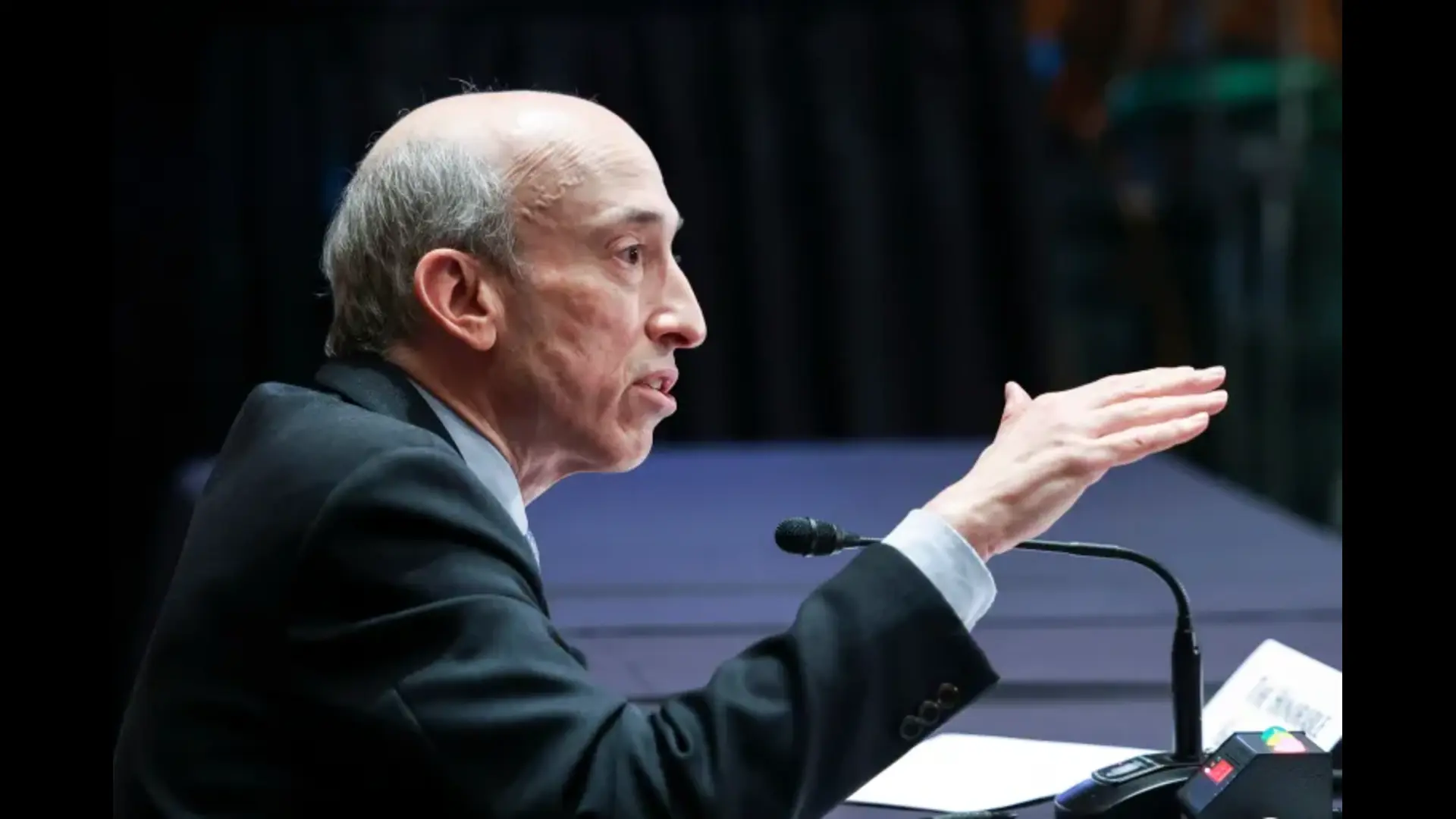
The Ministry of Coal, through its Central Public Sector Enterprises (CPSEs), has made social responsibility a central part of its operational strategy. Coal India Limited (CIL) and its subsidiaries, along with NLCIL, are “making a profound impact on community well-being”, with an annual Corporate Social Responsibility (CSR) investment of around Rs 800 crore. An official release highlighted that these efforts, spearheaded by Coal and Mines Minister G. Kishan Reddy, not only support the nation’s socio-economic development but also strengthen the CPSEs’ commitment to responsible corporate citizenship.
“This substantial investment highlights the Coal CPSEs’ dedication to fostering people-centric development, with a special emphasis on health, education, skill development, environmental sustainability, women empowerment, and comprehensive community development,” the release said.
The release highlighted several key health sector initiatives. Coal India’s flagship health program, the Thalassemia Bal Sewa Yojana, has achieved a major milestone by completing 500 Bone Marrow Transplants (BMTs). Additionally, NLCIL has improved healthcare access by setting up a Dialysis Centre in Government Hospital, Cuddalore, which provides 13,000 dialysis cycles annually, enhancing essential medical care for the local population.
In response to the pandemic’s urgent need for medical oxygen, NLCIL and its joint ventures established 28 Medical Oxygen Plants with a total capacity of 2,500 beds across Uttar Pradesh, Rajasthan, Odisha, Karnataka, and Tamil Nadu, significantly bolstering the nation’s healthcare infrastructure. To address Congenital Heart Disease (CHD), Coal India Limited has launched Project Nanha Sa Dil, which aims to screen around 18,000 children for CHD in Jharkhand through village and district camps. The project, funded with Rs 9.37 crore, will offer surgical or catheter-based treatments for 500 children and train over 50 young professionals in pediatric- cardiac care. It will initially operate in four districts with plans for future expansion.
Other significant health-related CSR efforts include the construction of Premashralay, a home for cancer outpatients in Kolkata; mobile healthcare services for underserved communities; funding for the development and repair of COVID-19 care centres’ infrastructure and medical equipment; and enhanced socio-economic support at Ranchi Cancer Hospital and Research Centre, including collaboration with Tata Cancer Care for cancer detection and treatment.















